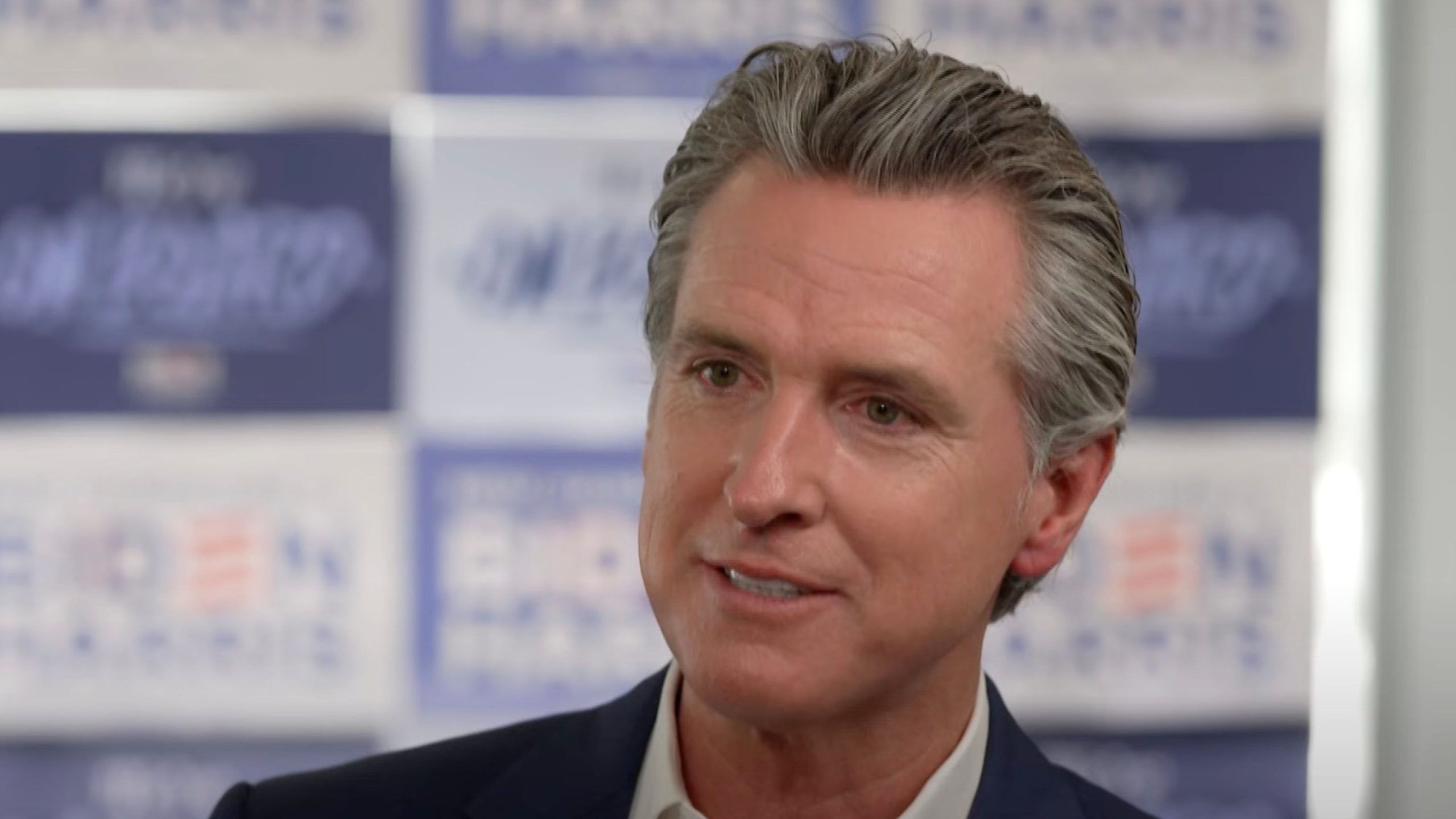The application of artificial intelligence-powered technology is often controversial – mostly as it proves to be out of its depth – for example, as a tool of moderation and censorship.
But there are some areas in which this tech seems to excel, like the so-called deepfakes – video and audio manipulated in a way that appears highly realistic, i.e., showing people saying or doing something they did not say or do. But here, too, the way this machine learning software is, or could be used is controversial.
Deepfakes, although used for a long time by spy agencies and movie special effects studios, among others, have now become associated with the idea of election manipulation via misinformation, and as such, have attracted the attention of US legislators ahead of the country’s presidential elections next year.
In California, two bills seeking to regulate this area were signed last Thursday – AB 730, that aims to protect politicians from deepfake videos by criminalizing their distribution – and another, AB 602, that allows people misleadingly portrayed as taking part in pornographic content to sue those making these videos.
AB 730 covers only the period within 60 days of an election, California’s governor, who signed the laws, explained.
Many who support the legislation talk about the danger deepfakes present to celebrities and politicians who might be discredited in this way – and refer to the case of House Speaker Nancy Pelosi. Earlier in the year Pelosi was shown in a manipulated video posted on Facebook that turned out to be political mockery – and that not everyone agrees was even a true deepfake.
In any case, things are much less straightforward than California legislators make them out to be. The Electronic Frontier Foundation (EFF) has warned against overreach while regulating this area, calling on legislators to strike the right balance between preventing online harassment and protecting free expression, particularly when it comes to comedy and satire.
Referring to the DEEPFAKES Accountability Act introduced in the US Congress, the digital rights group pointed out it would not only be difficult to enforce but was also worded too broadly and likely to undermine First Amendment rights pertaining to free speech.










